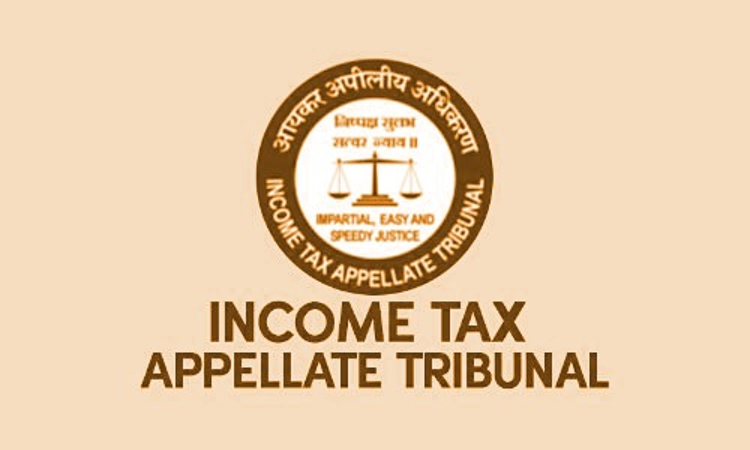The Mumbai bench of the Income Tax Appellate Tribunal (ITAT) has ruled that investments made by an assessee company to exercise control over other investee companies constitutes a business activity. The bench of Rahul Chaudhary (Judicial Member) and M. Balaganesh (Accountant Member) held that though the dividend income is taxable under the head 'income from other sources' in view of...

